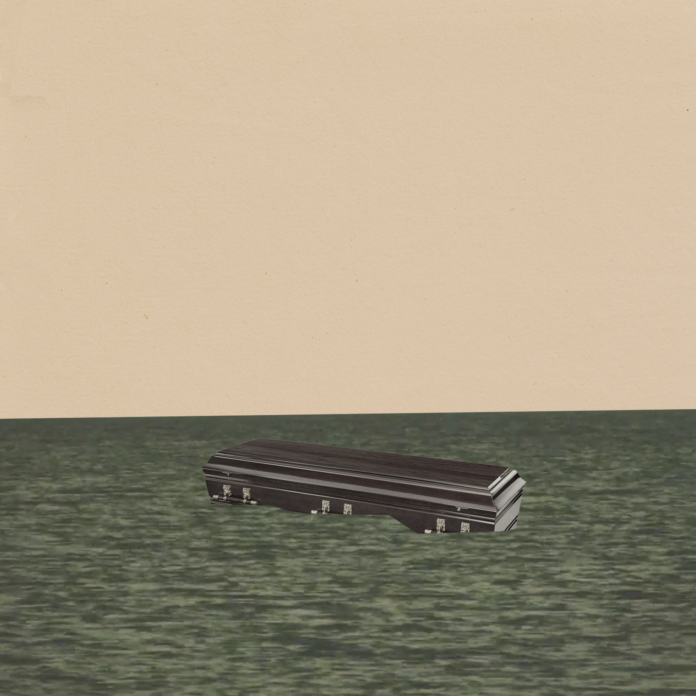The following story was translated from French by Katia Grubisic. It was originally published in French in Boustro 4, 2017
◆
“…red earth does not dry quickly.”
– Jean Rhys, Wide Sargasso Sea
Sometimes I think ahead—
far ahead, surely—
to my scattered body
the ravages it holds and the hollows
we miscalculate, the thrumming fluids
of life as it persists
I don’t know what to make
of the odds, in spite of everything
I’ve scattered, everything
I’m gathering
All wounds
speak a language
I don’t know
By this blood
(which slakes no one)
by death itself
I am watered
To feel the crossing
to not contain it any longer
to see
what the end will bring
It should be said that it’s not
the dust that kills us
handfuls of dust
our grandmothers held
They were always
made of salt and ash
a bit of ash and salt
given over by our dead
What kills us is not
the dust rising up
from the road
It’s the road itself
Only your arm
your palm
the rage
of lost humanity
Rage
at being the mere
shape
of these puny thoughts
by which
it goes on
Your violence distilled:
that fury
inhumanity
that fear, a weapon
in your hand: that
is what kills us
There is no time to weep
between one death and the next
You can’t believe
we’re still standing—
we who see the ocean
Yet we are.
Fable
We had to find some trace of those who had disappeared—death so secret it was of no account. There had been vague rumors, here and there. All those people who had put their faith in the disappeared, who were swollen with hope, who had poured all their longing into such trifling skin.
Yet, in spite of everything, it was a death so secret it hadn’t made the slightest ripple in the water, there wasn’t a cloud on the mountains as they grew dustier by the day; it hadn’t put out the fire, the blazing coals that consumed everything. Flames that could boil joumou, our New Year’s soup, every single day, God willing.
A death so secret, so quiet, that it distorted the horizon; we could hear its strangled cry only for a moment between dusk and dawn. A death so secret it disappeared, evaporating at the break of day. It had forgotten us. It made us doubt our memory, our hearts, which had not yet unlearned hope. We still thought that a step, a smell, some gesture already haggard before it was even made would come back and save us. A death so secret it made us doubt our own hearts: they were so far gone, still in love with a ghostless thing, a plume of smoke that conceded nothing, rising mutely from the places bodies might have been, since we were too young to remember anything, much too young to forget, too young even for memory.
We were pushed along the road by that thing without a body, and we could never get beyond it, couldn’t ever even reach it—couldn’t leave, couldn’t touch. But we’re not supposed to be here, we’re not wanted on the road, we are not at home. A death so secret maybe a glimpse would turn us to salt, shatter us, would draw us out to the brink of our own lives. We would be witness to our own execution, we would look death in the face and the face would be ours.
In spite of everything, we had to find a trace. The disappeared leave such an unshakeable loss, a hollow in our forgetting bodies. We had to find them before they too became secret deaths and we choked on our own selves, our bodies that might have been. We are the children of death so secret, deaths that don’t happen but somehow bloom and blow up at the crossroads, always bloody. Deaths that forever and always birth us, abruptly—in the hatred of who we were, who we might have been if not for all those deaths. Secrets buried and scattered far up in the mountains in a country where there are so many mountains, peak after peak, each one tumbling from the next, and we don’t know how to find our way across…


